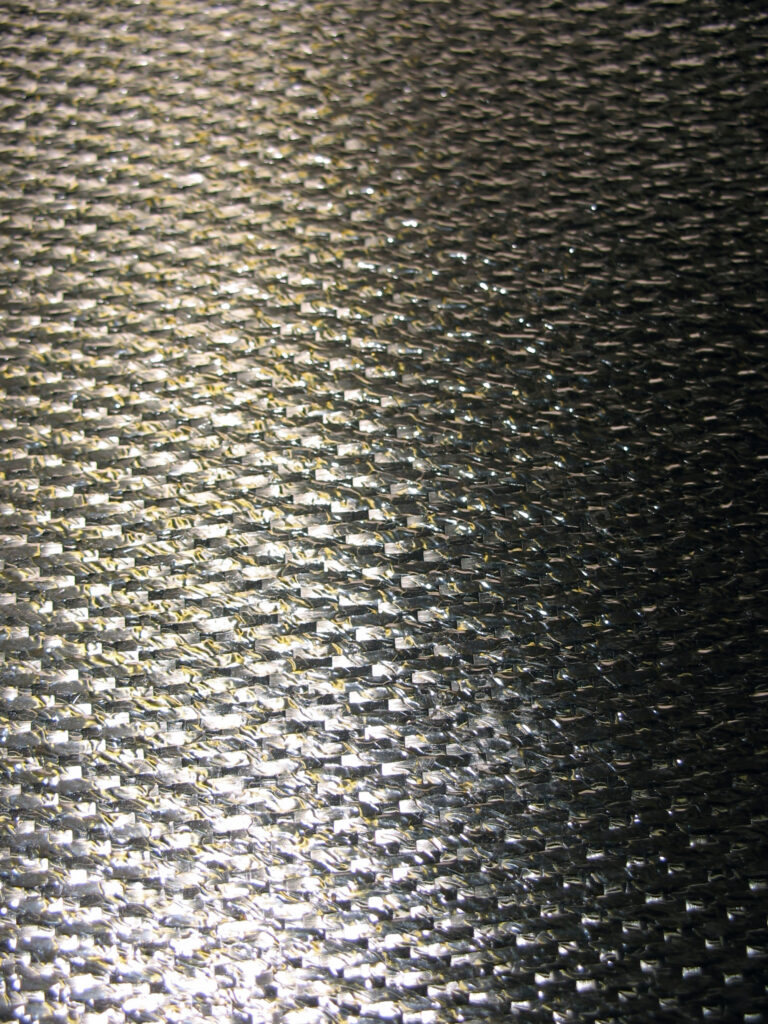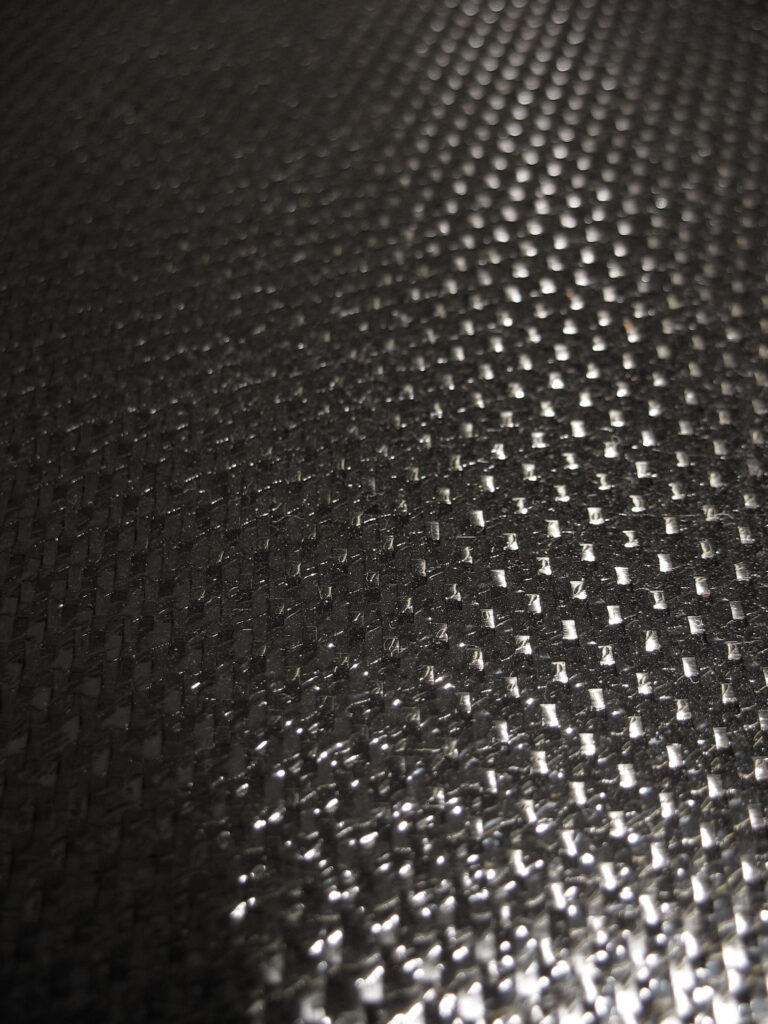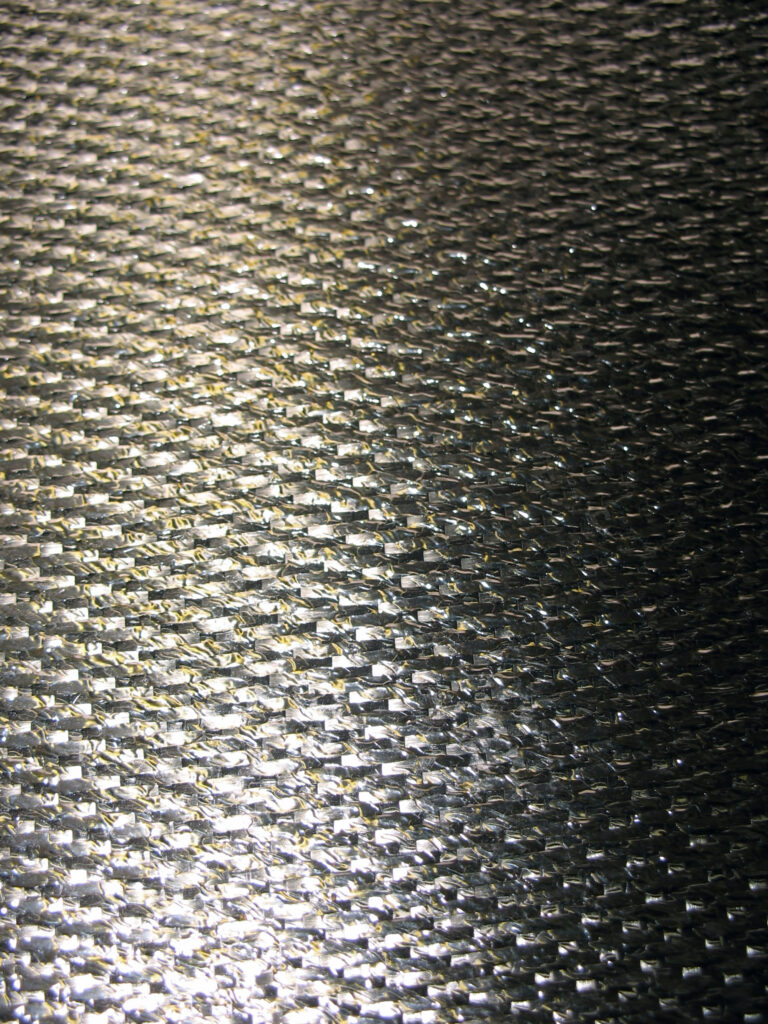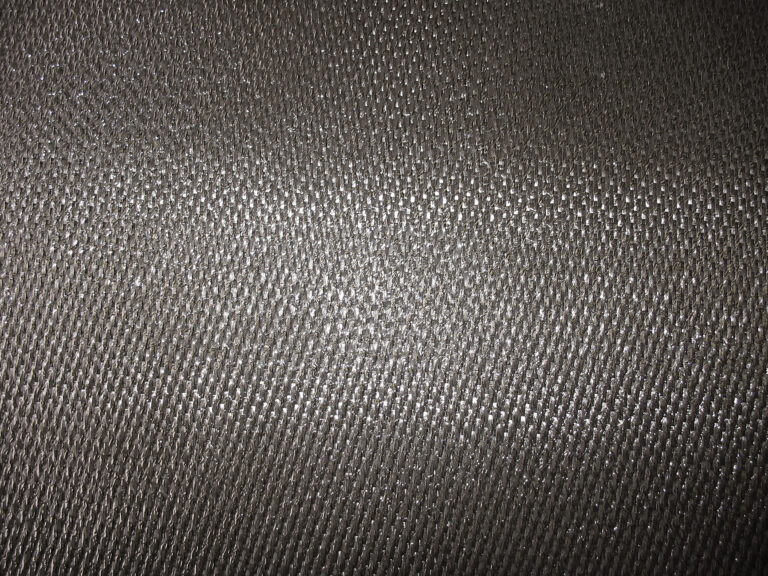Is Mold Making You Sick? Common Signs and Symptoms, Plus Natural Remedies That Work
Mold is a type of fungus that grows in damp or wet areas. It can be found both indoors and outdoors, and it comes in many different colors and shapes. While mold is not always harmful, some types of mold can cause health problems when people are exposed to them for long periods of time. In this blog post, we will explore the common signs and symptoms of mold exposure, as well as natural remedies that can help you feel better if you have been affected by mold.
Common Signs and Symptoms of Mold Exposure
The most common sign of mold exposure is respiratory problems. People who have been exposed to mold may experience coughing, sneezing, runny nose, congestion, wheezing, chest tightness, and shortness of breath. Other common symptoms include headaches, fatigue, difficulty concentrating, skin rashes, and irritation of the eyes, ears, nose, and throat. Some people may also experience gastrointestinal problems such as diarrhea, nausea, vomiting, and abdominal pain. If you notice any of these symptoms after spending time in a moldy environment, it’s important to seek medical attention right away.
Natural Remedies for Mold Exposure
If you suspect that you have been exposed to mold, there are several natural remedies that can help alleviate your symptoms:
1. Essential oils – Lavender oil, peppermint oil, eucalyptus oil, and tea tree oil are all great for reducing inflammation and clearing up respiratory issues. Simply add a few drops to a diffuser or vaporizer and breathe deeply.
2. Probiotics – Mold can disrupt the balance of bacteria in your gut, which can lead to digestive problems. Taking probiotics can help restore this balance and improve your overall health.
3. Vitamin C – This powerful antioxidant helps boost immunity and fight off infections. Take 500-1000mg per day until symptoms subside.
4. Garlic – Garlic has strong anti-fungal properties and can help kill off mold in your body. Eat raw garlic daily or take a supplement containing allicin, a compound found in garlic that has potent medicinal benefits.
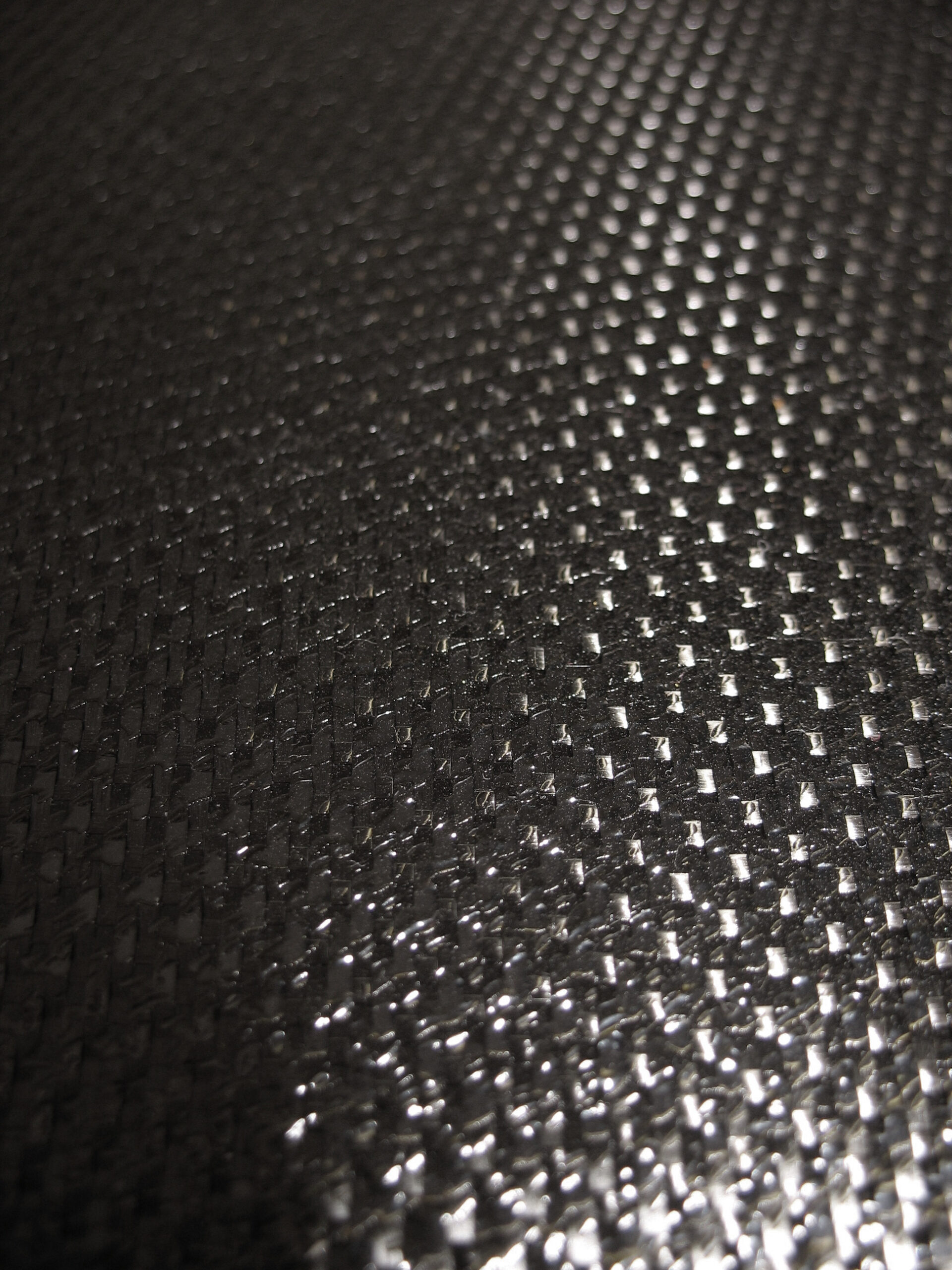
Preventing Mold Growth in Your Home
To prevent mold growth in your home, follow these tips:
1. Keep humidity levels low – Use dehumidifiers or air conditioners to keep moisture levels below 60% in your home.
2. Fix leaks immediately – Leaky pipes, roofs, and windows can create damp environments where mold thrives.
3. Ventilate bathrooms and kitchens – Use exhaust fans or open windows to let fresh air circulate in these high-moisture areas.
4. Clean regularly – Wipe down surfaces with a mixture of vinegar and water to remove mold spores from hard surfaces like countertops and walls.
In conclusion, mold exposure can have serious health effects on individuals. By recognizing the signs and symptoms early, taking appropriate action through natural remedies, and implementing measures to prevent future growth, one can maintain good health and avoid adverse consequences associated with mold exposure.


